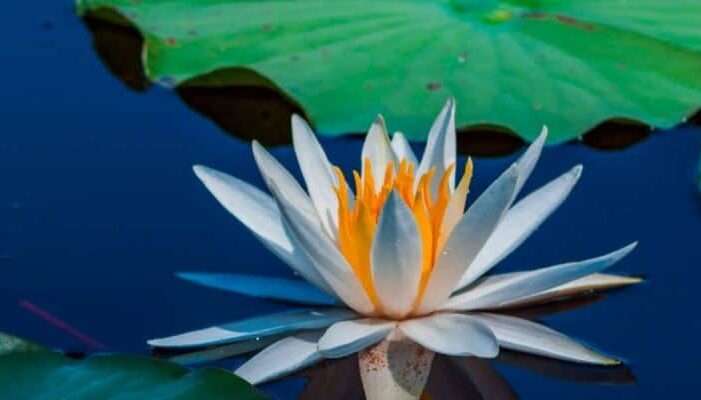POSTS:
All Posts

An interview with Nelly Kaufer and Linda Modaro on Reflective Meditation
In an interview with SBN, Nelly Kaufer and Linda Modaro discussed dharma teaching, their reflective meditation approach, and their new book, Reflective Meditation: Cultivating Kindness and Curiosity in the Buddha's Company.

Secular monks?
Dennis SengTing Oliver, a secular monk in the Centre for Pragmatic Buddhism in Scotland, offers a balanced assessment of the reasons for and against having secular monks within the Buddhist community.

A practitioner’s journey to secular Buddhism: Ronn
Ronn Smith began an intensive study of Buddhism at the Barre Center for Buddhist Studies (BCBS) in 2008 and then gravitated toward a secular approach through an engagement with Stephen Batchelor's writings. For Ronn, the ethical and philosophical dimensions of secular dharma are crucial; in particular, the emphasis on flourishing and care rather than on suffering.

An introduction to secular Buddhism
For those who are curious about or interested in secular Buddhism and want to learn about this relatively new trend within Buddhism, this article will provide a helpful starting point for exploring a secular approach to the dharma.

Learning, awakening, and empowerment
John Danvers argues that the development of secular approaches to Buddhist practice involves not only a radical reconsideration of institutional goals and structures but the development of more effective, transformative and egalitarian modes of learning.

Zen’s two paths
Seth Zuiho Segall highlights how in Zen the path of the gradual cultivation of wisdom and virtue and the path of immediate presence, are complementary, each facilitating and enriching the other.

A practitioner’s journey to secular Buddhism: Steve
Steve Holdsambeck and his family were deeply involved for many years in the southern (USA) Methodist Church. However, through a very emotional and difficult transition, he began to question his Christian faith and developed an increasing interest in meditation, which eventually led to an interest in Stephen Batchelor's books and secular Buddhism.

Secular Buddhism: to be or not to be a ‘Thing’
Lenorë Lambert argues that if we want to share the benefits of the secular dharma with others, we need to define ourselves more clearly and offer some of the benefits provided by organized groups.

Stephen Batchelor’s program on Mindfulness Based Human Flourishing
Stephen Batchelor offered a series of four workshops last month on the topic of ‘Mindfulness Based Human Flourishing (MBHF): The Ethics and Philosophy of Mindful Living’. The workshops explored the role of mindfulness practice as a key to flourishing in every aspect of human life.

A practitioner’s journey to secular Buddhism: Keith
Keith Clanton's initial religious experience was with Christianity but he has been interested in Buddhism for many decades. He finds that Buddhist teachings in a secular/agnostic form fit well with how he sees the world. Keith has taken vows with a group called the Secular Buddhist Tradition (SBT) and is also active in various SBN groups.

On our fixation with the early texts
Arguing against the widespread view that the commentaries on the suttas are ossified and scholastic readings of the teachings, Bernat Font-Clos urges us to be open to finding in them important insights for our practice.

What’s the problem? Not ‘suffering’ but absolutization
Robert M. Ellis argues that absolutization, the assumption that we have the whole story, is the basis for our failure to respond optimally in problematic situations. By synthesizing Buddhist insights and other perspectives, we can avoid absolutization and live more skillfully.

To be a mensch
In the third of three articles on the topic of Uncertainty, Care and Responsibility, Carmel Shalev discusses how the basic values of care and compassion are strongly connected to a feminine voice and ethics.

A practitioner’s journey to secular Buddhism: Katie
Katie first became interested in meditation and Buddhism through her yoga practice. She found that secular Buddhism's focus on how we can live a good and full life while we are here deeply resonated with her.

What is human flourishing?
Mike Slott offers an account of human flourishing which incorporates Buddhist insights, Marx’s view of human nature, and Martha Nussbaum’s capabilities approach. To flourish, we need to cultivate mindfulness and compassion while creating a society which provides the resources and support for human flourishing for all.
EXPLORE BY SECTION
SEARCH THE SITE
RECENT POSTS








